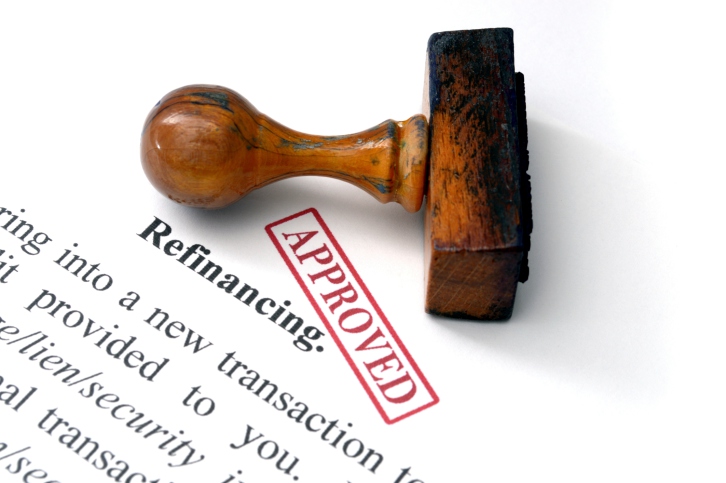Using Your Equity To Buy Another House: What To Consider
 Buying a home is a dream that many people want to make come true. At the same time, many people dream of buying a second home. Perhaps you are looking for a rental property. Maybe you are looking for a vacation home. Regardless, you might be wondering how you can come up with the necessary cash to finance this dream. You might even be thinking about tapping into the equity in your current home to make that happen. It could be your down payment for your second house, but what do you need to know?
Buying a home is a dream that many people want to make come true. At the same time, many people dream of buying a second home. Perhaps you are looking for a rental property. Maybe you are looking for a vacation home. Regardless, you might be wondering how you can come up with the necessary cash to finance this dream. You might even be thinking about tapping into the equity in your current home to make that happen. It could be your down payment for your second house, but what do you need to know?
How To Get A Home Equity Loan
If you want to take out a home equity loan for a second house, there are a few steps to follow. First, you need to figure out how much money you need. You need to take out enough money for the down payment and closing costs. Furthermore, you can only withdraw 85 percent of the equity in your home. If you don’t have enough equity in the home, you might not be allowed to take out a home equity loan.
Remember that you will also need to go through the traditional oan application process. Your outstanding debt will be reviewed, and your credit report will be checked. You will also need to verify your income or assets to qualify for a second mortgage. The process is similar to your first loan.
Why Take Out A Home Equity Loan?
There are a few reasons why this might be a smart move for financing a second home. You can probably get a lower interest rate, and you don’t have any restrictions on how you can use the money. With a larger lump sum, you might also be a more competitive buyer in a hot market.
Before you take out a home equity loan, you should work with a professional who can help you find the best loan option to meet your needs. That way, you can compare the benefits and drawbacks of each option before making a decision on what is best for your purchase.
 If you plan on retiring soon, you are probably looking at a few options that can get you over the hump. You are probably excited to start a new phase of life. With a record number of people closing in on their retirement age, many are starting to assess their resources to make sure they have enough money to last them for the rest of their lives. If you already own a home, you might be able to tap into your home equity to help you fuel your retirement.
If you plan on retiring soon, you are probably looking at a few options that can get you over the hump. You are probably excited to start a new phase of life. With a record number of people closing in on their retirement age, many are starting to assess their resources to make sure they have enough money to last them for the rest of their lives. If you already own a home, you might be able to tap into your home equity to help you fuel your retirement. If you are thinking about refinancing your home in the near future, you probably know that this is a great way to shorten the term of your mortgage while also saving money. At the same time, refinancing your home does not come without risks. Take a look at some of the top things you should do and what to avoid before you go through the refinancing process.
If you are thinking about refinancing your home in the near future, you probably know that this is a great way to shorten the term of your mortgage while also saving money. At the same time, refinancing your home does not come without risks. Take a look at some of the top things you should do and what to avoid before you go through the refinancing process.